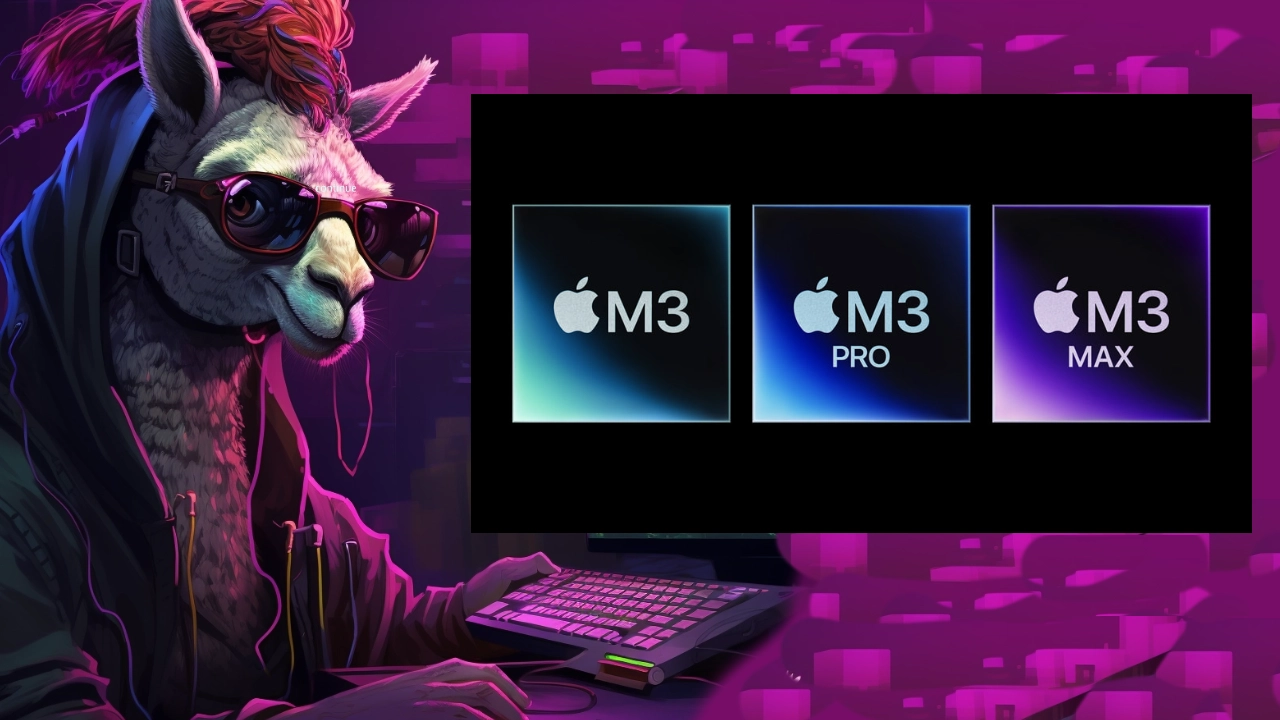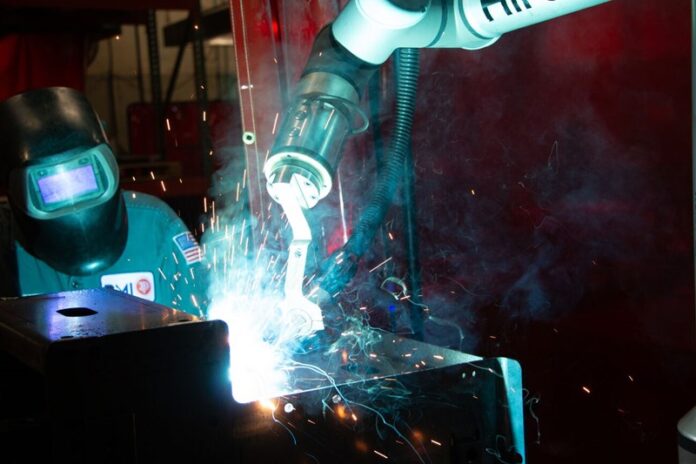Apple launched its new M3 Silicon back in October and has now made it available in a number of different systems allowing users to benefit from the next generation processing provided by the family of chips. If you are interested in learning more about running large language models on the latest Apple M3 silicon you’ll be pleased to know that Techno Premium as been testing out and demonstrating what you can expect from the processing power when running Meta’s Llama 2 large language model on the Apple silicon hardware. Check out the video below.
If you’re intrigued by the capabilities of large language models like Llama 2 and how they perform on cutting-edge hardware, the M3 chip’s introduction offers a fantastic opportunity to run large language models locally. Benefits include :
- Enhanced GPU Performance: A New Era in Computing The M3 chip boasts a next-generation GPU, marking a significant advancement in Apple’s silicon graphics architecture. Its performance is not just about speed; it’s about efficiency and introducing groundbreaking technologies like Dynamic Caching. This feature ensures optimal memory usage for each task, a first in the industry. The benefits? Up to 2.5 times faster rendering speeds compared to the M1 chip series. This means, for large language models like Llama 2, the processing of complex algorithms and data-heavy tasks becomes smoother and more efficient.
- Unparalleled CPU and Neural Engine Speeds The M3 chip’s CPU has performance cores that are 30% faster and efficiency cores that are 50% faster than those in the M1. The Neural Engine, crucial for tasks like natural language processing, is 60% faster. These enhancements ensure that large language models, which require intensive computational power, can operate more effectively, leading to quicker and more accurate responses.
Running LLMs on Apple M3 Silicon hardware
Here are some other articles you may find of interest on the subject of Apple’s latest M3 Silicon chips :
- New Apple M3 iMac gets reviewed
- New Apple M3, M3 Pro, and M3 Max silicon chips with next gen
- Apple M3 MacBook Pro gets reviewed
- Apple M3 iMac rumored to launch in October
- New Apple MacBook Pro M3 Pro 14 and 16-inch laptops
- Apple M3 Max Macbook Pro, 14 and 16 Core CPUs compared
- New Apple MacBook Pro M3 14-inch laptop from $1,599
- Advanced Media Processing Capabilities A noteworthy addition to the M3 chip is its new media engine, including support for AV1 decode. This means improved and efficient video experiences, which is essential for developers and users working with multimedia content in conjunction with language models.
- Redefined Mac Experience Johny Srouji, Apple’s senior vice president of Hardware Technologies, highlights the M3 chip as a paradigm shift in personal computing. Its 3-nanometer technology, enhanced GPU and CPU, faster Neural Engine, and extended memory support collectively make the M3, M3 Pro, and M3 Max chips a powerhouse for high-performance computing tasks, like running advanced language models.
- Dynamic Caching: A Revolutionary Approach Dynamic Caching is central to the M3’s new GPU architecture. It dynamically allocates local memory in hardware in real-time, ensuring only the necessary memory is used for each task. This efficiency is key for running complex language models, as it optimizes resource usage and boosts overall performance.
- Introduction of Ray Tracing and Mesh Shading The M3 chips bring hardware-accelerated ray tracing to Mac for the first time. This technology, crucial for realistic and accurate image rendering, also benefits language models when they are used in conjunction with graphics-intensive applications. Mesh shading, another new feature, enhances the processing of complex geometries, important for graphical representations in AI applications.
- Legendary Power Efficiency Despite these advancements, the M3 chips maintain Apple silicon’s hallmark power efficiency. The M3 GPU delivers performance comparable to the M1 while using nearly half the power. This means running large language models like Llama 2 becomes more sustainable and cost-effective.
If you are considering large language models like Llama 2 locally, the latest Apple M3 range of chips offers an unprecedented level of performance and efficiency. You will be pleased to know that whether it’s faster processing speeds, enhanced graphics capabilities, or more efficient power usage, the Apple M3 chips cater to the demanding needs of advanced AI applications.
Filed Under: Guides, Top News
Latest aboutworldnews Deals
Disclosure: Some of our articles include affiliate links. If you buy something through one of these links, aboutworldnews may earn an affiliate commission. Learn about our Disclosure Policy.







